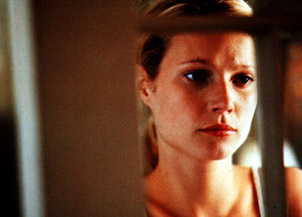|
|
Viking Night: Se7enBy Bruce HallApril 20, 2010
The film’s intimidating backdrop, measured direction and solid performances allow Se7en to transcend a mundane narrative and draw the audience’s attention to the main characters, instead of to the details of their surroundings. The net effect is that Fincher carefully steers the story around unexpected corners and down improbable alleys without the viewer becoming openly aware of it. He drops the answers to our questions like bread crumbs along the killer’s trail, if only we’d look down and see them. When the true identity of the suspect – who calls himself only John Doe - is finally revealed, it is in a highly unusual way, and we come to realize that he has been an even bigger part of the tale than we or the detectives have realized. Once John Doe’s deadly denouement is put into motion, all that remains is for Mills and Somerset to put the convictions they’ve so confidently held throughout the film to a final, grisly test. You’ll notice that I have failed to mention the name of the actor who plays John Doe – this is because if you haven’t seen Se7en, for me to do so would ruin the effect of his revelation. This is one of those films where the identity of the killer is just as much a surprise as how he executes his endgame. And if you have seen Se7en, you’ll never forget the ending – and it will never fail to send icy chills up your spine every time you see it, or even think about it. It’s right up there with The Sixth Sense or Jacob’s Ladder – but instead of that chill giving way to an uplifting sense of warmth and resolution, it sinks in and stays there. Somerset has no idea how right he is when halfway through the film he mutters – almost offhand – “This isn’t going to have a happy ending.”
|

|
|
|

|
Friday, April 26, 2024
© 2024 Box Office Prophets, a division of One Of Us, Inc.


